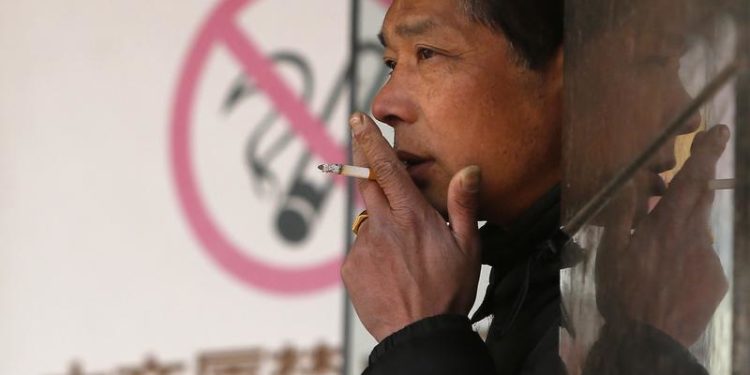In 2019 Hong Kong government announced its intention to apply a general ban on all electronic cigarettes and smokeless products, according to which anyone who imported and sold Ecig could face six months in prison or a fine of HK $ 50,000 ($ 6,370).
While the opposition between supporters of ecigs and its detractors catalyzes information in the United States and Europe, in Asia the Reduction of Harm from Tobacco remains stuck on radical positions of opposition “tout court” to these products.
Yet the battleground, where it is essential to expand all those policies to reduce the number of smokers, remains the Asian continent, with half of the global smokers and 60% of cigarette smoking deaths occurring in Asia. The continent is home to a wide range of nicotine policies, ranging from innovative approaches the world should pay attention to stringent, sometimes even unjustified, bans.
This is the case of Hong Kong, an autonomous territory in Southeast China with a population of about 7 million inhabitants and a past as a British colony. Its geopolitical role, together with the fragile search for balance between Beijing’s heavy influence and Western temptations, make it a paradigmatic example of current Harm Reduction policies on the continent.
In 2019 Hong Kong government announced its intention to apply a general ban on all electronic cigarettes and smokeless products, according to which anyone who imported and sold Ecig could face six months in prison or a fine of HK $ 50,000 ($ 6,370).
The proposal, immediately criticized by consumer protection associations as draconian and without benefits for smokers, stalled due to internal tensions and the Covid-19 pandemic ever since. Meanwhile, at least 86% of smokers in the country under the age of 25 have used at least once electronic cigarettes or heated tobacco devices, according to research conducted by Youth Quitline, a smoking cessation help-line center within the University of Hong Kong.
As a main consequence, the public discussion in Hong Kong has shifted again on the potential risks of electronic cigarettes as a gateway for young people to smoking, despite the fact that there is no scientific evidence to confirm such claims.
According to critics, the delay in applying the ban has done nothing but facilitate the acceptance of electronic cigarettes among the very young. For supporters, however, it has shown how bans are unmotivated and useless in the fight against smoking as they do not dissuade consumers from seeking less harmful alternatives to conventional cigarettes.
In the midst of this dispute, last month Hong Kong Legislative Council definitively abandoned the bill to ban vaping products in the country: a victory for the supporters of the Smoking Harm Reduction.
A decision that hopefully will finally lead to a change in the region if the rate of smokers in the country, already extremely low with about 10% of the total population, will further decrease thanks to the availability of vaping and non-combustion products. A victory that, moreover, could have a positive influence for all those Asian countries that continue to support an unjustified ban on all those Smoking Harm Reduction products.






